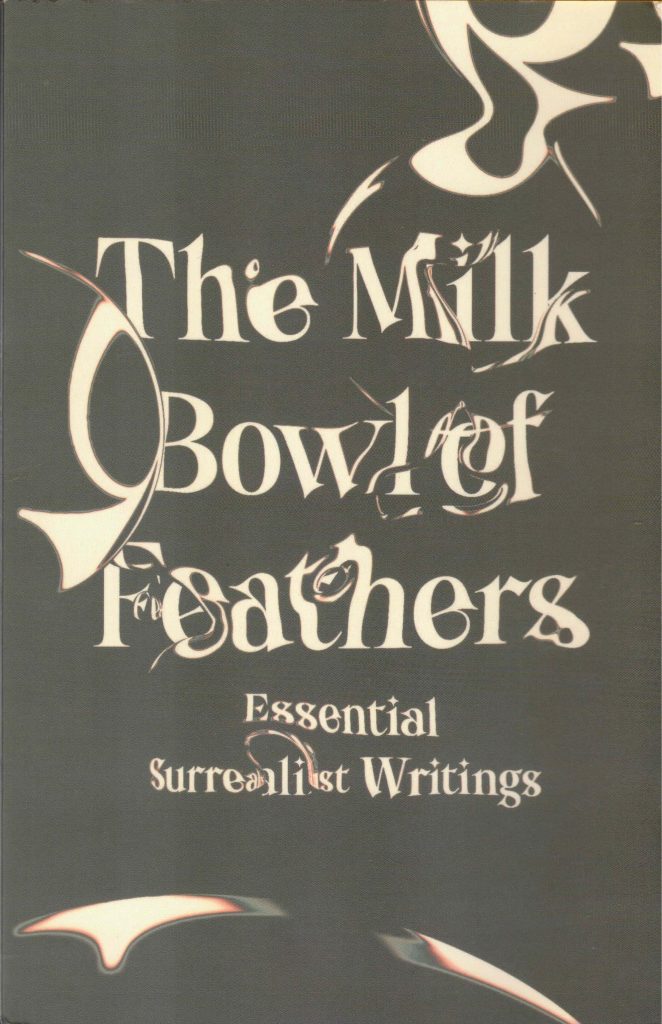1. indurate — to harden; to make callous; to inure
Yet this same experience which had left me an unrepentant criminal had not indurated Wilfred’s heart and soul.
2. parterre — ornamental flower beds; rear section of main floor in an auditorium
All these delectable vegetables were surrounded by rows of shrubbery, beyond which stood a stone statue of a young girl, atop a small bird bath, which had a small circular parterre of carnations and daisies around its base, perhaps planted by the very girl in question.
3. vaunt — boast
But he immediately regretted his vaunt as the lighter which he swore had never once failed to light, failed to light.
4. distemper — to paint with distemper, a paint using glue or size instead of oil as base; [British] to whitewash
The workmen were busily distempering the exposed roof beams, blending the most notable feature of the cottage insensibly into the ugly white stucco interior walls.
5. noctuary — record of incidents which happen at night, journal of nocturnal happenings
So terrible were those hours, days, weeks, months within that fetid dungeon that no diary, but only a noctuary would be suitable to record their horrors.
6. drugget — coarse hair rug; coarse felted or woven woolen fabric
Traces of arsenic were found in the weave of the drugget in the girl’s bedroom, though of course any member of the household had access to that room during the day.
7. freeboard — distance between waterline and topmost waterproof deck on a ship
The low freeboard of the monitor ships made them a difficult target for cannon, but that same feature also made them very unseaworthy and suitable only for riverine use.
8. ogive — [statistics] graph of cumulative distribution function; [architecture] roundly pointed arch, rib supporting such an arch
When comparing the sex-specific ogives of drug response broken down by age, the researchers noticed a strange plateau among males of between 25 and 45 years of age, which led them to the discovery of the new epigenetic pathway we are still investigating to this day.
9. pulmotor — trademarked cycling resuscitator developed in 1907
She has recovered from her boating accident, but only regained consciousness after four hours use of the pulmotor.
10. forehanded — prudent; resilient
I never thought my cousin a forehanded man, but Ned somehow managed to save enough to buy the farm outright.
Bonus Vocabulary
(idiom)
make a pig’s ear of — to botch, to make a mess of
I was too proud to ask for help, and I made a pig’s ear of the job from start to finish.
(Cockney slang)
pig’s ear — beer
“Ned, on your way back from the khazi, grab me a pig’s ear.”
